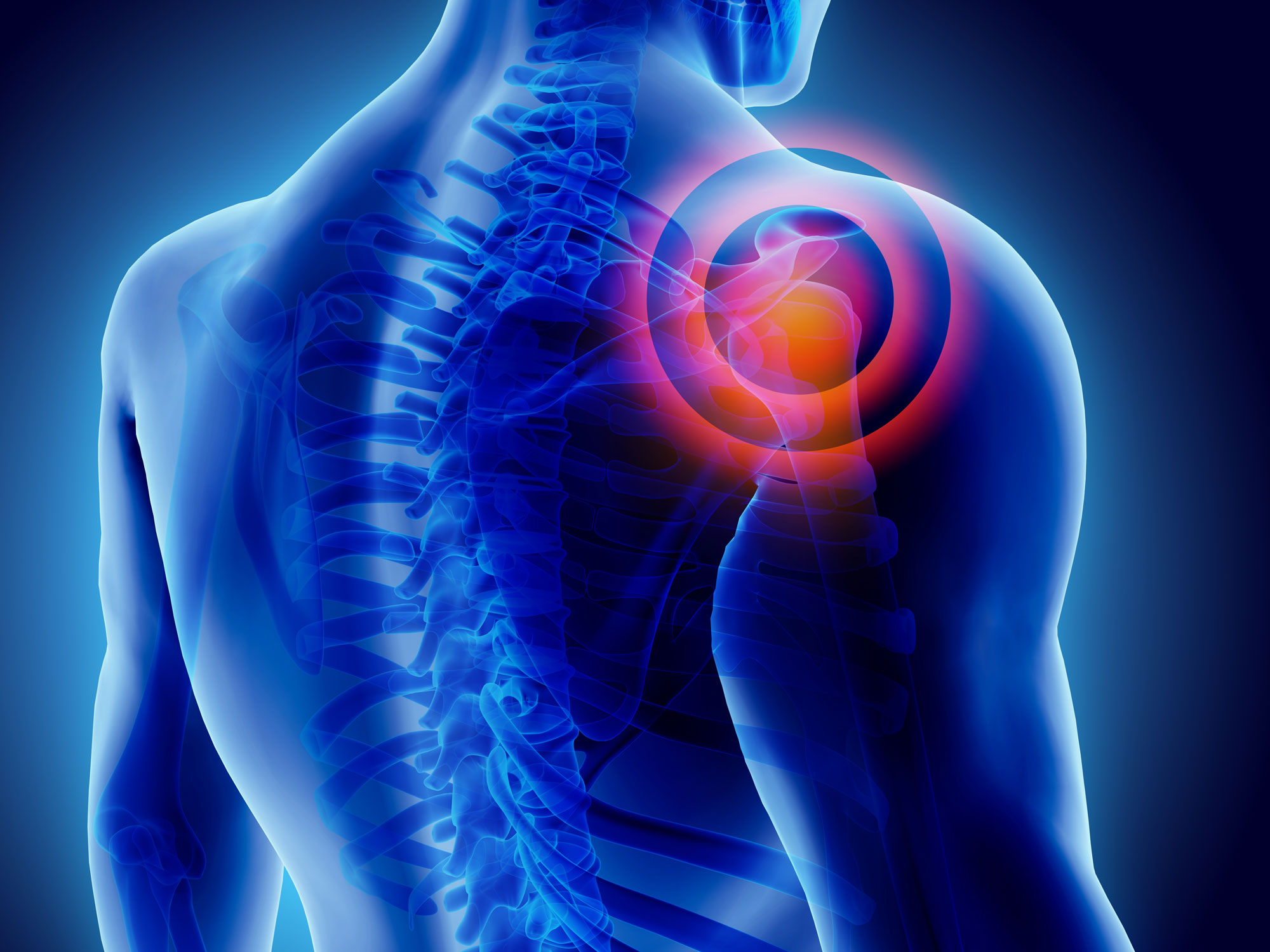Get Easy Health Digest™ in your inbox and don’t miss a thing when you subscribe today. Plus, get the free bonus report, Mother Nature’s Tips, Tricks and Remedies for Cholesterol, Blood Pressure & Blood Sugar as my way of saying welcome to the community!
How heart attack can begin in your bones

Every so often, researchers stumble upon something that brings them up short with its potential to improve human health and prevent disease.
This happened to two independent groups of researchers while investigating genes that could cause leukemia. They accidentally discovered something that is changing the way we look at heart disease.
Dr. Peter Libby, a cardiologist at Brigham and Women’s Hospital and professor of medicine at Harvard Medical School, calls this ‘the most important discovery in cardiology since statins.”
A terrifying diagnosis
When Brian Gear received the results of his genetic testing, he wasn’t expecting to be discussing heart attacks.
Gear had undergone testing because his mother had a type of blood cancer that may be inherited. But the diagnosis that came back was something he’d never heard of: CHIP.
He was told that the diagnosis nearly doubled his chances of having a heart attack. He felt like a walking time bomb.
The condition you’ve never heard of that could save your life
Why do so many people with normal, healthy levels of cholesterol and blood pressure, who have never smoked, don’t have diabetes, and are without a family history of heart attack, fall victim to heart failure?
Clonal hematopoiesis of indeterminate potential, or CHIP, may very well be the answer to this question that’s plagued medicine for so long.
Researchers found that many people carry white blood cells with mutations linked to leukemia, but never develop the disease.
When they looked more closely at the medical records of people who carried these mutations, they saw a 54 percent increase in the risk of dying within the next ten years of a heart attack or stroke.
CHIP starts with an accumulation of mutated stem cells in the bone marrow. White blood cells that develop from these stem cells carry the same mutation, which causes them to produce large amounts of inflammatory plaque.
Since mutated white blood cells reproduce more quickly than normal ones, this plaque is carried rapidly throughout the bloodstream.
The result: hardening of the arteries, leading to heart attack and stroke.
What can you do about CHIP?
CHIP is not uncommon: up to 20 percent of people in their 60s have it, and it becomes more likely with age. Kenneth Walsh, director of the hematovascular biology center at the University of Virginia School of Medicine, has this to say about CHIP:
“It is beginning to appear that there are only two types of people in the world: those that exhibit clonal hematopoiesis and those that are going to develop clonal hematopoiesis.”
And according to Dr. Libby, the white blood cell mutations of CHIP are acquired, not inherited. “Most likely by bad luck or exposure to toxins like cigarette smoke … there is little that patients can do.”
We beg to differ.
While there are no guarantees, it stands to reason that you should take every step possible to limit your exposure to toxins. And there is a lot you can do.
For starters, here’s one way you can combat the toxins you breathe every day without even knowing it.
Some other ways to reduce your exposure toxins:
Don’t smoke. If you do, look into getting help with quitting. And limit your exposure to secondhand smoke by staying away from parties, homes, and even outdoor settings where smoking is allowed.
Cleanse your body. Here is some information on how chelation to remove toxins will benefit your heart. And, if you’re ready to try a natural detox, this is a great place to start.
Take care of your liver. The liver is responsible for filtering and removing toxins from the body. Here are some natural ways to support and cleanse the liver.
Some other ways to start reducing the toxins in your body:
Eat organic. To reduce your exposure to pesticides and hormones, choose organic fruits, vegetables, meat and dairy products whenever possible.
Read labels. Look for personal care products that are phthalate and paraben free.
Exercise. Helps your body break down fat cells and flush the toxins they store.
Keep your home’s air clean. Avoid aerosols, and look for green-certified cleansers, or learn to make your own products.
Avoid plastics and non-stick pans. Store food in glass containers to avoid BPA exposure, and stay away from Teflon coated pans that carry dangerous chemicals.
Editor’s note: We’re just beginning to get the big picture about heart disease. In fact, the Centers for Disease Control and the American Heart Association admit the connection between your body’s master hormone and heart disease is a strong one. To learn more about avoiding heart disease, not to mention cancer and diabetes, because of this one common denominator, click here.
Sources:
- Scientists Discover a Bone-Deep Risk for Heart Disease — The New York Times
- Clonal Hematopoiesis and Risk of Atherosclerotic Cardiovascular Disease — The New England Journal of Medicine
- Somatic mutations found in the healthy blood compartment of a 115-yr-old woman demonstrate oligoclonal hematopoiesis — Genome Research
- Age-Related Clonal Hematopoiesis Associated with Adverse Outcomes — The New England Journal of Medicine













